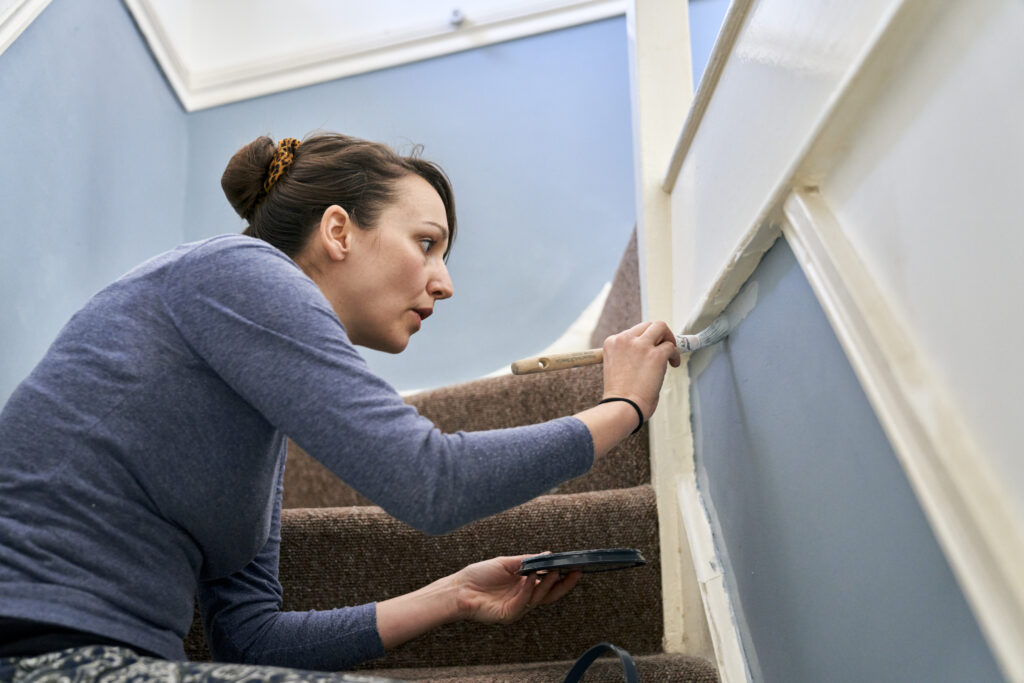As a property manager, one of the most inevitable expenses you’ll face is property repairs. From routine maintenance to unexpected breakdowns, keeping your property in top shape is essential to tenant satisfaction and retaining long-term value. However, repairs can quickly become costly, especially if you’re managing multiple properties. When working with a tight budget, it’s crucial to find ways to address property repairs efficiently without compromising quality or safety.
In this blog, we’ll discuss strategies for handling property repairs on a tight budget. We’ll cover how to prioritize repairs, how to reduce costs through proactive measures, and practical tips on sourcing affordable materials and contractors. Additionally, we’ll explore how to prevent frequent repairs in the future, which will save you money in the long run.
What We’ll Discuss
- Prioritizing repairs based on urgency
- Proactive strategies to avoid costly repairs
- How to shop around for affordable contractors
- DIY repairs and when to seek professional help
- How to implement long-term cost-saving measures
- How to build an emergency fund for repairs
1. Prioritize Repairs Based on Urgency
When working with a limited repair budget, the first step is to prioritize repairs. Some issues, such as plumbing leaks, electrical problems, or HVAC failures, require immediate attention to prevent further damage or potential safety hazards. These should be at the top of your list. On the other hand, cosmetic fixes such as repainting or replacing minor fixtures can often wait. By categorizing repairs based on their urgency, you can ensure that funds are allocated to critical issues first while non-essential repairs can be deferred to a later time when more funds are available.

For example, if you notice a leaking pipe in a bathroom, addressing it immediately is vital to prevent water damage, mold growth, or other costly structural problems. Alternatively, replacing outdated kitchen appliances can likely be delayed until a more convenient time.
2. Perform Regular Inspections to Catch Problems Early
Regular property inspections are essential for preventing costly repairs. By identifying issues early, you can address minor problems before they escalate into major ones. Schedule inspections every few months, focusing on critical areas such as the roof, plumbing, electrical systems, and HVAC units. This proactive approach helps catch leaks, wear and tear, or equipment malfunctions early.

Fixing small issues promptly can save you from expensive repairs later on. Regular inspections ensure that your property remains in good condition and helps you stay ahead of potential problems, ultimately reducing long-term repair costs.
3. Shop Around for Affordable Contractors
When repairs require professional help, don’t settle for the first quote. Shop around and get multiple quotes from contractors. Prices can vary, so it’s worth researching your options. Balance cost with quality, as a cheap repair may result in future issues and higher costs.

You can also negotiate rates, especially if you plan to hire the contractor again. Contractors may offer discounts or better terms for repeat business or multiple properties, so don’t hesitate to ask for a price reduction or a bundled deal.
4.DIY Repairs for Minor Fixes
Many minor repairs can be handled yourself, saving on repair costs. Simple tasks like patching small holes, fixing leaky faucets, or replacing HVAC air filters don’t require specialized skills and can be done with basic tools. Before tackling a DIY repair, ensure you have the right knowledge and tools. Online guides and instructional videos can help.

However, avoid taking on repairs that could lead to bigger issues, such as plumbing or electrical work. In those cases, it’s best to call a professional to avoid further complications.
5. Implement Long-Term Cost-Saving Measures
Investing in long-term solutions can save money on repairs over time. Although it may require higher upfront costs, upgrading systems like plumbing, windows, or installing energy-efficient appliances can significantly reduce future maintenance expenses. Consider improving insulation for better heating and cooling efficiency or replacing old roofing to prevent leaks. These upgrades minimize the need for frequent repairs. Additionally, using durable, low-maintenance materials like high-quality flooring or stainless steel appliances can reduce long-term repair costs.

While these investments require initial funding, they offer substantial savings by lowering maintenance needs and extending the lifespan of property components.
6. Build an Emergency Fund for Repairs
Building an emergency fund for property repairs is crucial, especially when unforeseen issues arise. Set aside a portion of your budget each month to create a safety net specifically for urgent repairs that fall outside your normal maintenance schedule. This fund should be separate from your operational budget, so you won’t need to dip into regular funds or rely on credit cards when unexpected problems occur.

Even on a tight budget, consistently contributing to this fund will provide financial relief, ensuring you can address issues quickly without affecting your overall cash flow.
Conclusion
Handling property repairs on a tight budget requires careful planning, prioritization, and a proactive approach. Focus on critical repairs, perform regular inspections, and shop around for affordable contractors to manage maintenance without overspending. For long-term savings, implement cost-effective upgrades and create an emergency fund for unforeseen repairs. Strategic budgeting and smart decision-making allow you to keep properties in good condition without compromising tenant satisfaction. By addressing repairs wisely, you’ll protect your investment and maintain a high standard of living for tenants, ensuring your property stays well-maintained without breaking the bank.
Simplify Your Property Management with LetsCoManage!
At LetsCoManage, we make property management effortless. Whether you need co-hosting, co-landlording, or full-service property management, we offer tailored solutions to meet your needs:
- Co-Hosting: Boost your rental income while ensuring exceptional guest experiences.
- Co-Landlording: Enjoy hassle-free property management, customized to your preferences.
- Full Property Management: Optimize your operations for seamless efficiency and growth.
Ready to enhance your property management experience? Visit www.letscomanage.com today!
📞 Need assistance? Call us at 229-222-5199 for friendly, expert support.
Transform the way you manage your property with LetsCoManage—your trusted partner for success!









